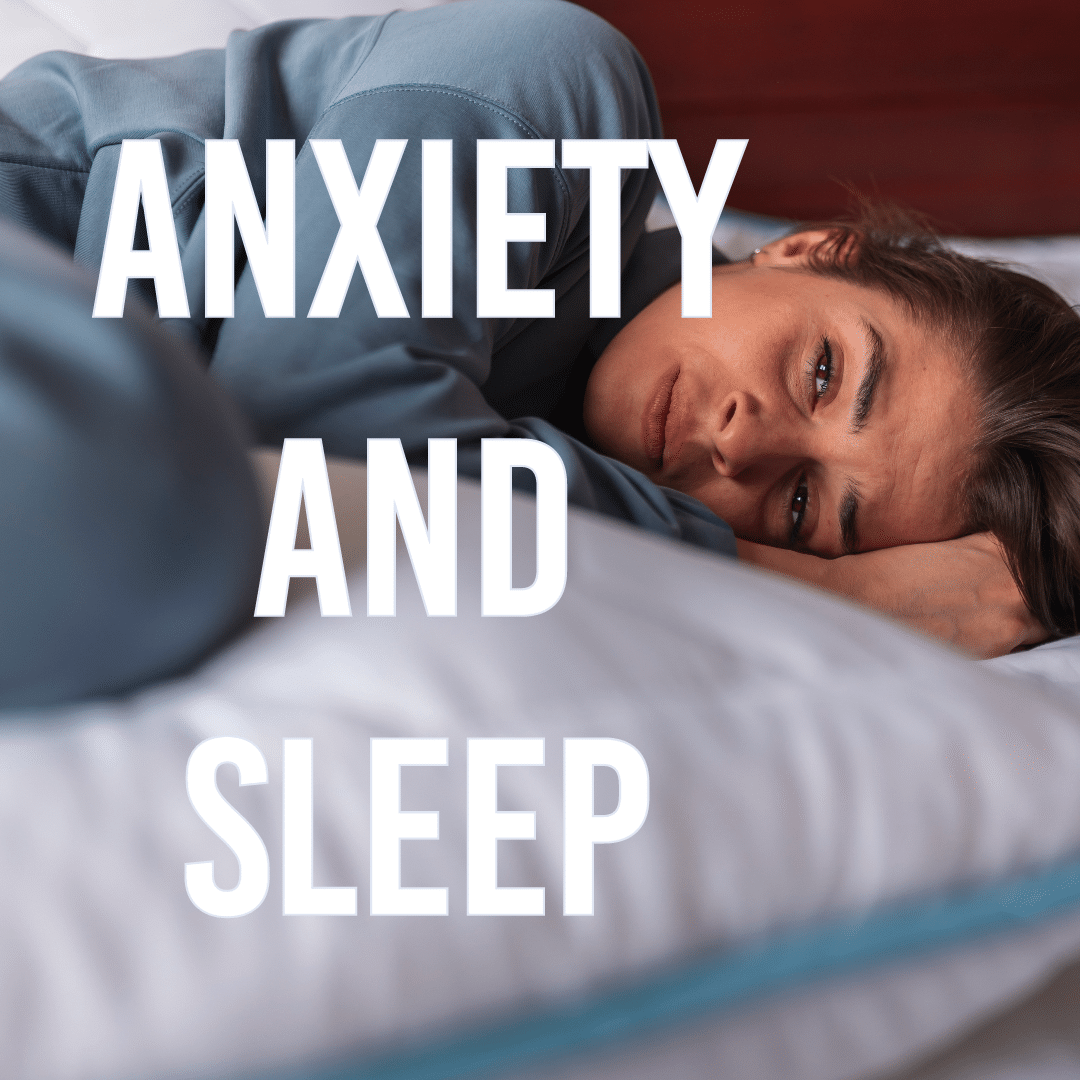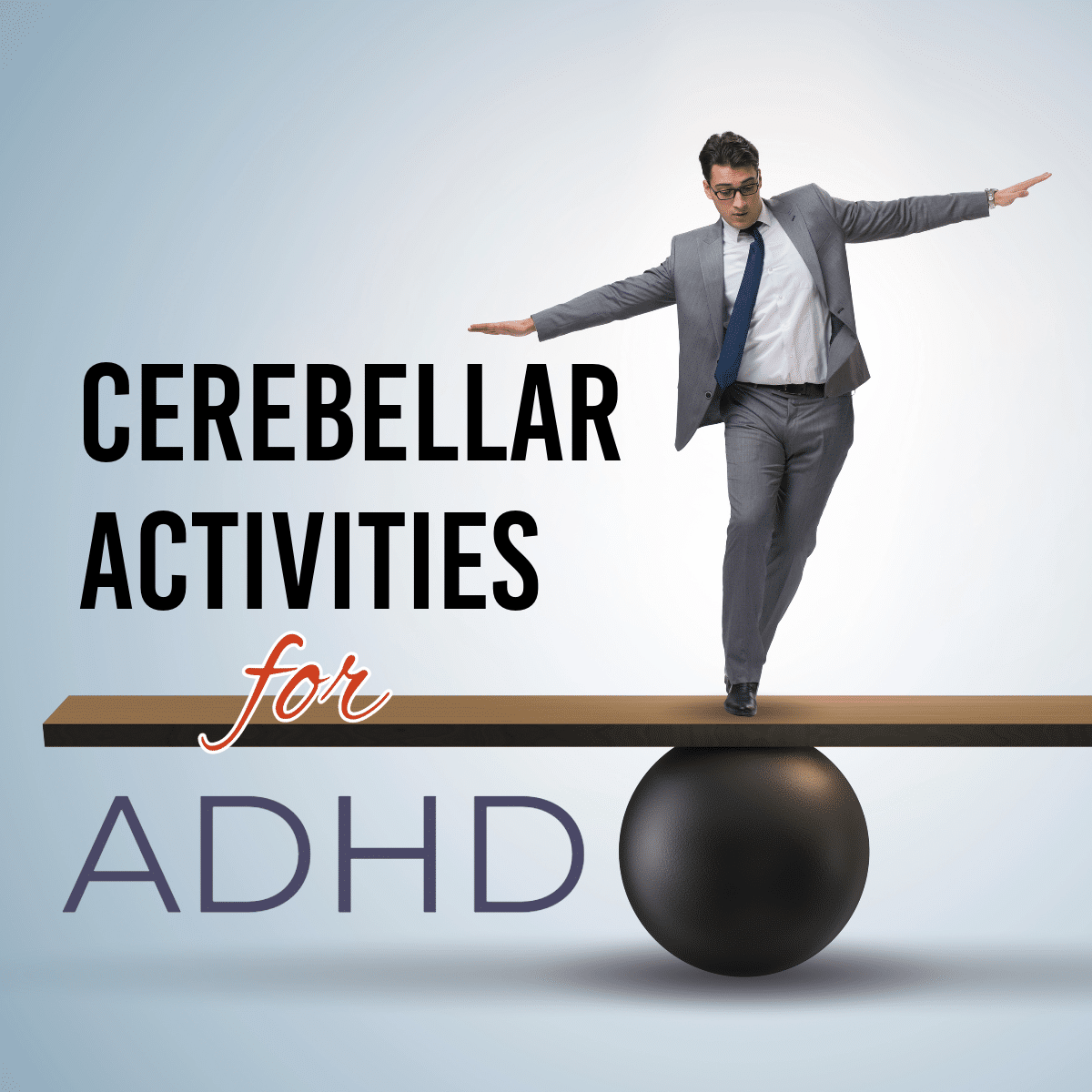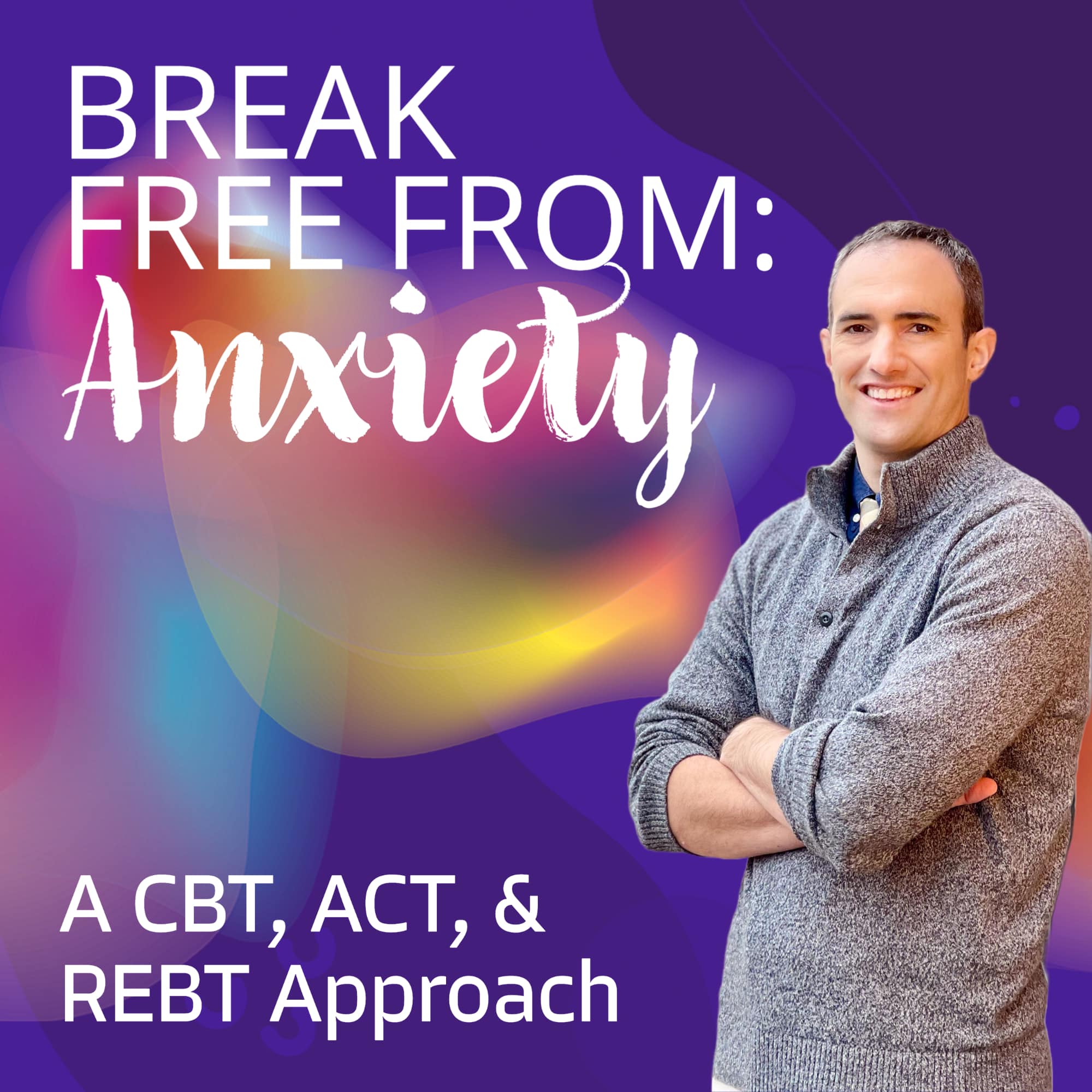MDMA, colloquially known as ecstasy, has gained significant momentum toward legalization in 2023 following a landmark Phase 3 clinical trial. It has been called “the single most impressive thing seen in overcoming trauma.” This was a topic that was recently discussed by Dr. Bruce Bassi.
KEY TAKEAWAYS
- MDMA allows your brain to create new neuronal connections to relearn and reprocess old memories.
- MDMA-assisted therapy works by reducing fear and defenses, and increases trust and empathy.
What is PTSD and what are the classic treatments?
Post-traumatic stress disorder (PTSD) can be an extremely debilitating mental illness, with symptoms ranging from deep depression to insomnia.
Until recently, the most effective treatments for this condition have been through different therapies including Cognitive Behavioural Therapy (CBT), exposure therapy, and eye movement desensitization and reprocessing (EMDR). These help to retrain the brain to reframe events and memories that have, in the past, led to trauma.
Medical treatments, meanwhile, have worked in isolation from therapy by rebalancing the chemicals in the brain.
Recent developments, however, have brought psychedelic-assisted therapies into the forefront of the world of mental health treatment, and thus 3,4-methylenedioxymethamphetamine, or MDMA, into the potential toolkits of therapists and clinicians for the treatment of PTSD.
Excerpt from Dr. Bassi on the Legalization of MDMA
What is MDMA?
MDMA, known more commonly as the recreational drug, “ecstasy,” it is a psychoactive drug that has many therapeutic benefits. It is known to increase feelings of well-being, happiness, and compassion.
It was first used in the 1970s as an aid in psychotherapy. However, its rapid rise in popularity on the streets led it to be placed by the US Government on Schedule I of the Controlled Substances Act, effectively criminalizing it.
In the 1990s it was approved for its first clinical trial, examining its use for pain relief in terminally ill patients. This was important in establishing parameters for use in medicine and a more recent interest in re-engaging it for psychotherapeutic use led to trials into the benefits for PTSD patients.
How has it been shown to help?
PTSD is a serious mental health condition that can occur after someone experiences a traumatic event. Symptoms of PTSD can include flashbacks, nightmares, anxiety, and depression. Many people who suffer from PTSD feel isolated and disconnected from others.
A brief overview of the benefits found in using MDMA as a treatment for PTSD are:
- Allowing the brain to process painful memories in a gentle way, and heal itself.
- Increasing feelings of trust and empathy while also reducing fear and anxiety.
- Enabling greater connection with others.
In summary, clinical trials have shown that MDMA is an effective treatment for PTSD when used in conjunction with psychotherapy.
What is the scientific evidence supporting the use of MDMA in assisted therapy?
There is a growing body of scientific evidence to support the use of MDMA in therapy. A number of small studies have shown that the drug can be effective in treating PTSD, with patients reporting reduced symptoms after just a few sessions.
Two Phase 3 trials were completed – the first in 2021 and the second in late 2022 – both sponsored by MAPS Public Benefit Corporation. In the first study (MAPP1), comparing a test group to whom MDMA Assisted Therapy was administered with a placebo group, results revealed that 88% of the test group had clinically significant improvement while 67% no longer met the criteria for PTSD diagnosis, compared with 32% in the placebo group.
The results of the second trial (MAPP2) are expected to be published in early 2023.
MDMA-assisted therapy is thought to work by reducing fear and defenses, which allows patients to reprocess traumatic memories in a therapeutic setting. MDMA also increases feelings of trust and empathy, which can create a safe space for patients to open up about their experiences.
What are risks associated with using MDMA?
Some adverse reactions were noted in the clinical trials at a notable but low occurrence.
Short term side effects included:
- Increased heart rate and blood pressure
- Anxiety
- Paranoia
- The body’s ability to regulate temperature
Long-term use is understood to lead to cognitive impairments such as memory problems and difficulty concentrating.
Will MDMA be used in the future? The case for future use.
With the growing need for highly effective therapies in mental health, the case for using MDMA Assisted Therapy is strong.
These recent developments have laid the foundations for an imminent legalization of the use of MDMA in the field of mental health, specifically for PTSD.
Weighing the benefits against the risks, under the guidance of trained mental health professionals the future looks bright for the treatment of PTSD with MDMA as an approved aid to therapy.
Is there any controversy about this? What are critics saying?
It’s important to realize a few main points regarding this phase 3 trial.
1. MDMA was compared to an inert placebo, and not a low dose of MDMA. 96% of individuals knew that they were taking MDMA. Therefore the study really was not blinded.
2. The therapists were not blinded to the treatment (MDMA vs placebo). One can imagine they were not delivering the same type of therapy.
3. There was significant selection bias in the study population. A total of 32% of participants have tried MDMA before, so people who had a bad experience with MDMA would be highly unlikely to enroll in a study where they knew they would likely have that experience again.
If you are struggling with substance or alcohol use, depression, or anxiety, intensive outpatient may be right for you. Contact us at (888) 730-5220 or contact us to begin the process of healing today!

 Bruce Bassi
Bruce Bassi





